The book "Uncle Ho Chi Minh" published by the Vietnam Education Publishing House in 2025 is a carefully selected work of typical historical stories about his revolutionary life from the beginning of his journey to find a way to save the country until the success of the August Revolution.
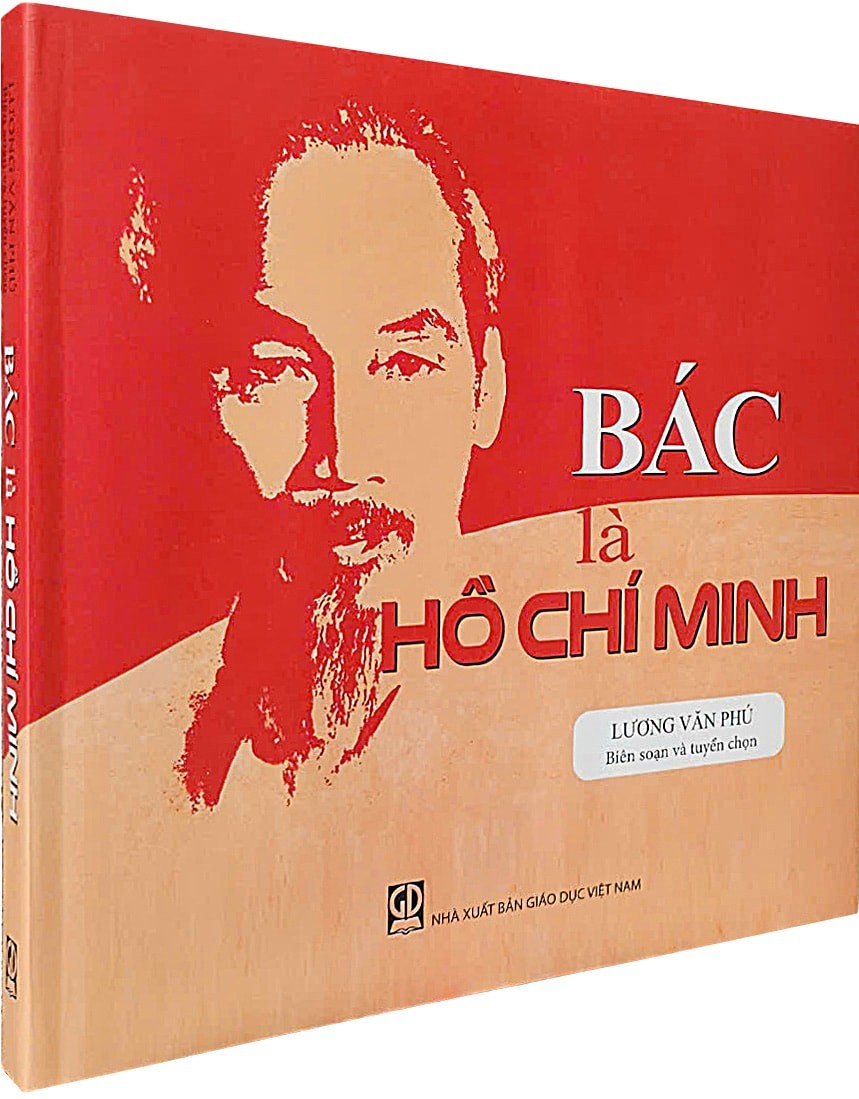
With deep respect for Uncle Ho, author Luong Van Phu has approached in a unique way when selecting and using both written and visual materials in a realistic and accurate way to build a vivid and close portrait of Uncle Ho, smoothly combining specialized and popular elements. The materials are presented coherently, guided simply and naturally, contributing to illuminating the image of Uncle Ho from the beginning of his journey to find a way to save the country until the success of the August Revolution.
For many readers, especially the younger generation who do not have many opportunities to access historical documents, the book “Uncle Ho Chi Minh ” published by the Vietnam Education Publishing House in 2025 is truly a precious gift. The work gathers the most typical stories in Uncle Ho's revolutionary journey - stories that have been widely published and caused strong emotions.
The book consists of nine main topics, each topic includes many vivid and detailed stories describing Uncle Ho's revolutionary life in different stages: Vietnam - Where Uncle Ho was born; Homeland, family, childhood; Nguyen Tat Thanh - A person worthy of being given full trust; Vision and experience of five continents and four seas; The path that led me to Leninism; In the land of Lenin; The road back to the Fatherland; The founder of the Party; August 1945 in Hanoi .
In addition, the book also has two appendices about precious friends who always respected and admired Uncle Ho's talent and personality.
Born in a village with a rich tradition of patriotism, Ho Chi Minh was nurtured and nurtured with national spirit by his father, Nguyen Sinh Sac, from a young age. Faced with the loss of his country and home, when many uprisings of patriotic scholars were crushed in a sea of blood, he soon formed the idea of going abroad to find a way to save the country: “With the habit of thinking thoroughly. He decided to go to the very essence of the problem. He had to go to the very place where that contradiction arose: France, far away, mysterious, attractive and full of danger” (Nguyen Tat Thanh - The man worthy of being given full trust).
Uncle Ho's journey to foreign lands was also full of hardships. While working to earn a living, he also constantly studied and accumulated knowledge. When he had the opportunity, he went to many countries to learn about social organizations and administrative models: "Going to France and learning about France was Nguyen Tat Thanh's main purpose. After a short stay, he had a favorable opportunity to go to America and England to learn more before returning to France" (Going to England to learn English), "In addition to a few hours of work, in addition to writing for newspapers, attending rallies, giving speeches, going to the library, ... Nguyen also spent time with the "Tourism Association" visiting Germany, Italy, Switzerland, ... to enrich his treasure trove of knowledge and understanding" (The path that led me to Leninism).
During his revolutionary activities abroad, Uncle Ho was always followed, threatened, and even bribed by French spies and reactionary forces. However, his spirit remained steadfast and his courage unshaken. Facing the enemy, Nguyen Ai Quoc still maintained his revolutionary spirit and responded flexibly. "Saying that, Xaro's face was sullen, his two hands clenched and he pretended to be breaking something hard, implying a threat to destroy all Vietnamese revolutionaries.
Despite Xaro's wide eyes and his arrogant pursed lips, Nguyen remained calm, his attitude leisurely, a smile on his lips. Seeing that smile, Xaro felt disappointed, both annoyed and scared. Waiting for Xaro to finish speaking, Nguyen asked: "Are you done talking?"
Seeing that threats were ineffective, Xaro changed his tone and said gently: “We really like ambitious young men like you. Ambition is good, but you need to be 'smart'. Oh, hey! Whenever you need anything, I'm always ready to help you. Although we don't know each other yet, you shouldn't be so polite.”
Mr. Nguyen slowly said: “Thank you sir! What I need most in this world is freedom for my people, independence for my country… Please stay, I ask permission to leave” (Three times facing the colonial boss Anbe Xaro).
After reading Lenin's Theses on the National and Colonial Questions, he realized that this was the path to national salvation: "My miserable compatriots! This is what we need, this is the path to our liberation" (The Path That Led Me to Leninism). At the Tours Congress in 1920, he voted to join the Third International. "From that moment on, Nguyen Ai Quoc became a communist, one of the founders of the French Communist Party. Nguyen Ai Quoc was also the first communist of the Vietnamese people" (The Path That Led Me to Leninism).
While in the Soviet Union, he soon cherished the dream of establishing a Communist Party to lead the Vietnamese revolution. “In the middle of Moscow, the ambition of establishing a Communist Party to lead the revolution in his Fatherland still burned in Nguyen's mind day and night. He saw that the time had come to act... We must quickly build a Communist Party in Indochina. I believe that objective conditions allow us to do that” (Comrades in Four Directions).
Receiving the mission of the Communist International, in 1924, he went to Guangzhou (China) and opened political training courses for patriotic youth with revolutionary spirit. "In front of you - the first red seeds of Vietnam sown by Mr. Nguyen - is the Fatherland, the spring of germinating seeds, the season of young shoots sprouting and taking root." (Hue Quan Y Xa).
In 1930, in response to the revolutionary demand for a political party to lead the Vietnamese revolution, the need to unify communist organizations in the country became urgent. It was in this context that Nguyen Ai Quoc was the one to carry out this historic mission. “We must unite the class, unite the entire people, fight for national liberation, and liberate the class. To achieve that goal, we must unify the organization. In the name of the Communist International, I propose to unify communist organizations into a true, unified Communist Party. Do you agree, comrades? Everyone raise your hands to vote” (Party founder). On February 3, 1930, the Communist Party of Vietnam was born, marking a great turning point in the Vietnamese revolution.
In 1941, Uncle Ho returned to the country to directly lead the revolution. On August 19, 1945, after the General Uprising to seize power in Hanoi and other provinces was successful. On September 2, 1945, Uncle Ho read the Declaration of Independence, giving birth to the Democratic Republic of Vietnam, marking a brilliant milestone in the history of the nation. "The Declaration of Independence signaled a new era, an era of liberating nations from the oppression of colonialism on a world scale, an era of oppressed and exploited nations regaining the right to live, the right to independence and freedom (Declaration of Independence: Inheritance and development of progressive ideological values of the era).
Despite facing countless challenges and hardships, in any circumstances, he was always an example of revolutionary mettle, far-sighted vision and shining morality. That is why, wherever he was, he was loved and protected by the people.
Through each page of the book Uncle Ho is Ho Chi Minh, readers will follow in Uncle Ho's footsteps, witness the sacrifices and hardships he overcame, to reach the day the country gained independence and freedom. With the combination of historical documents and new documents, many illustrations. The book has vividly and realistically portrayed the image of Ho Chi Minh - the great leader of the Vietnamese people. The work is not only a historical study, but also a deep gratitude of today's generation for the great contributions that Uncle Ho has made to the nation.
The book is presented solemnly and impressively with a size of 24 x 24 cm, printed in four colors on good quality paper with a hard cover, convenient for readers to use and look up.
Source: https://baolaocai.vn/bac-la-ho-chi-minh-hanh-trinh-tu-nguoi-yeu-nuoc-den-vi-lanh-tu-vi-dai-post649483.html



![[Photo] National Assembly Chairman Tran Thanh Man attends the 725th anniversary of the death of National Hero Tran Hung Dao](https://vphoto.vietnam.vn/thumb/1200x675/vietnam/resource/IMAGE/2025/10/12/1760285740475_ndo_br_bnd-8978-jpg.webp)

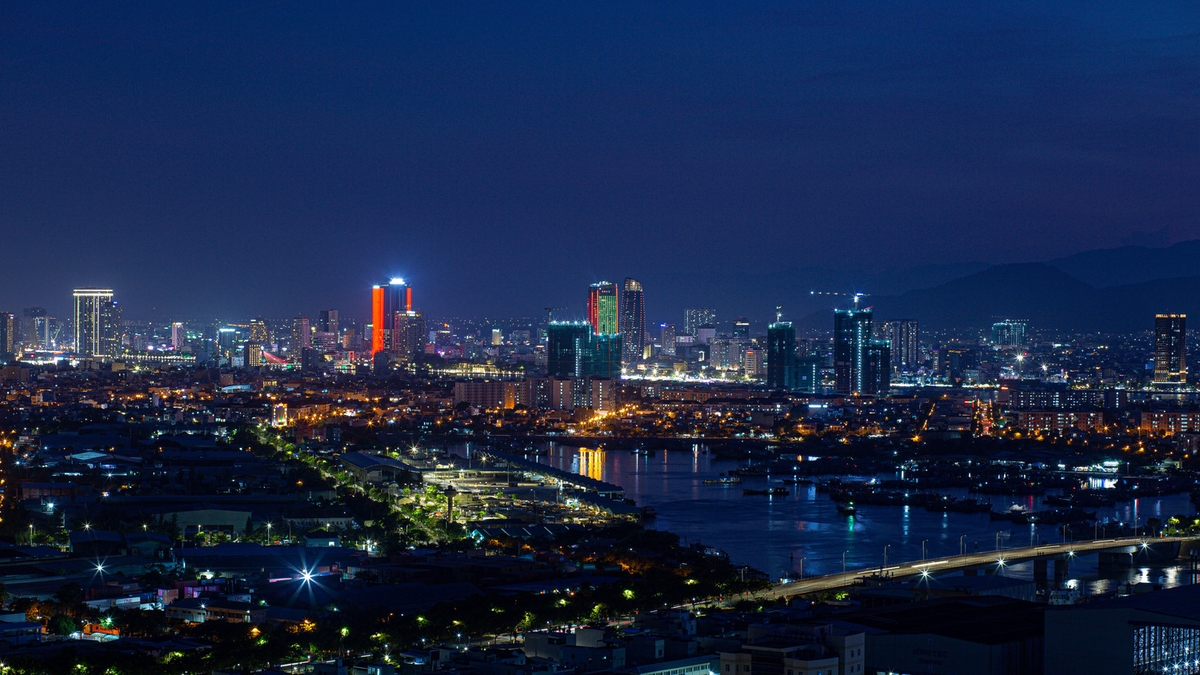
![[Photo] Delegation attending the Government Party Congress visited President Ho Chi Minh's Mausoleum](https://vphoto.vietnam.vn/thumb/1200x675/vietnam/resource/IMAGE/2025/10/12/1760240068221_dsc-3526-jpg.webp)
![[Photo] The 1st Government Party Congress held a preparatory session.](https://vphoto.vietnam.vn/thumb/1200x675/vietnam/resource/IMAGE/2025/10/12/1760257471531_dsc-4089-jpg.webp)
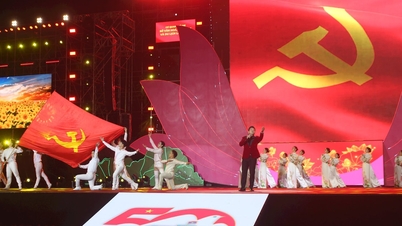

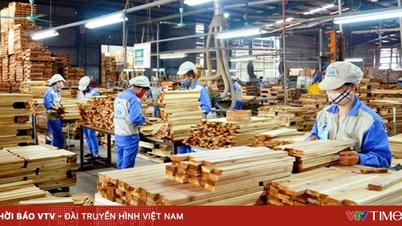



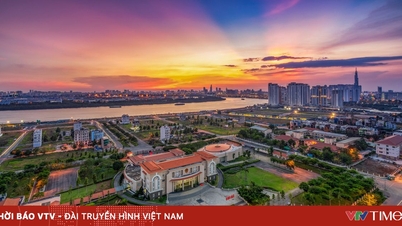
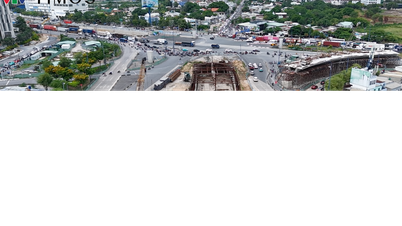
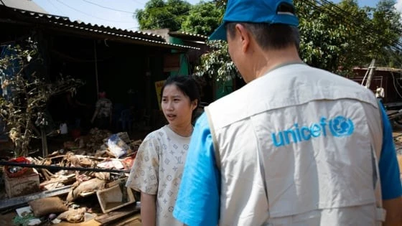


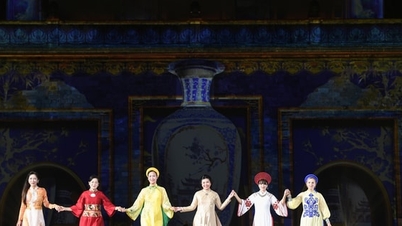



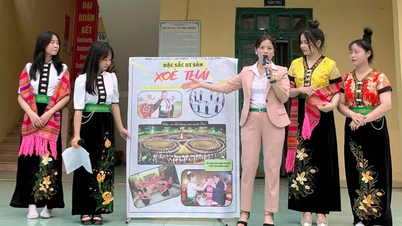





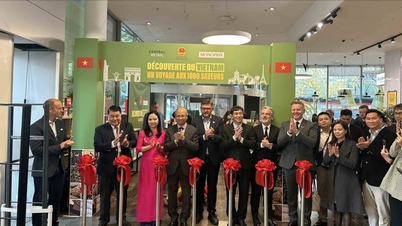
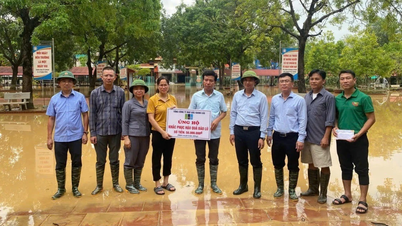


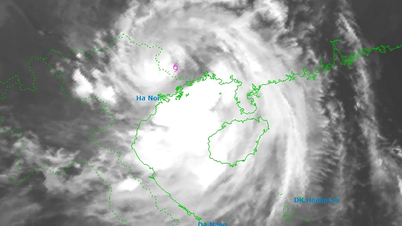


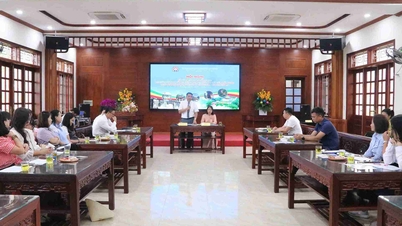



















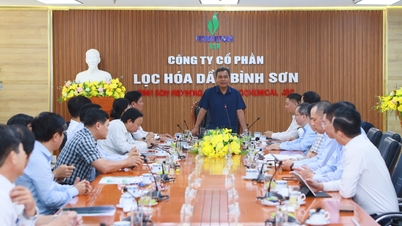












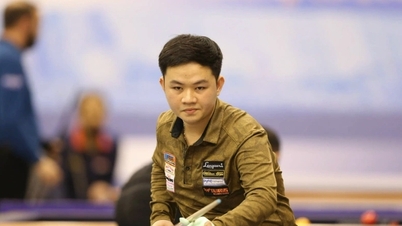
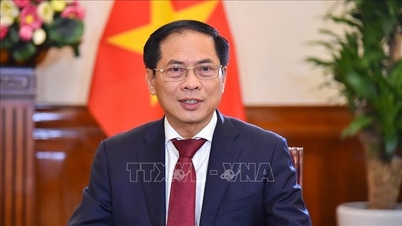

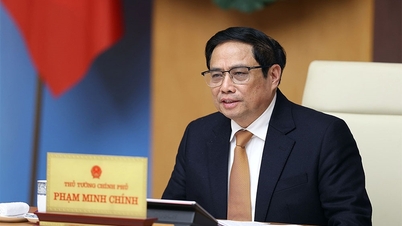
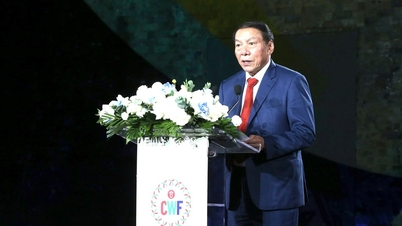

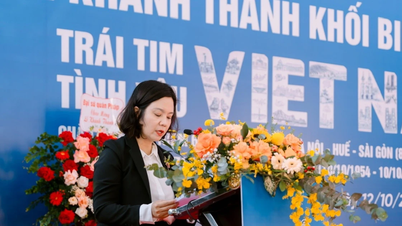
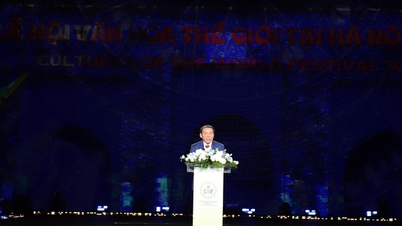



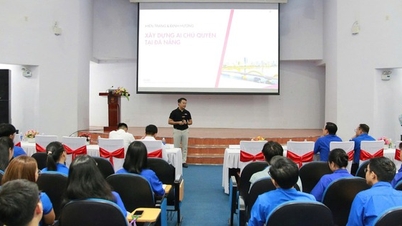
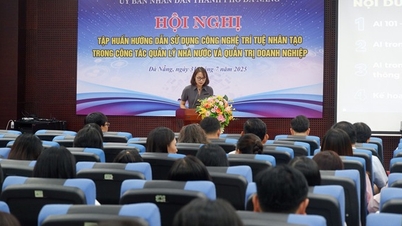
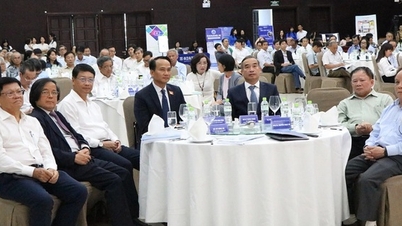
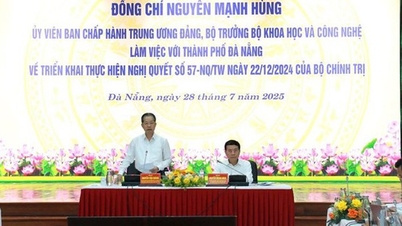
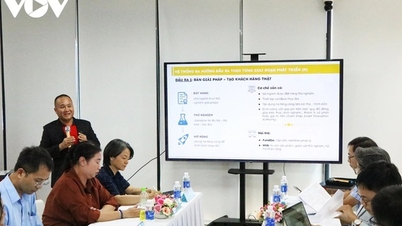



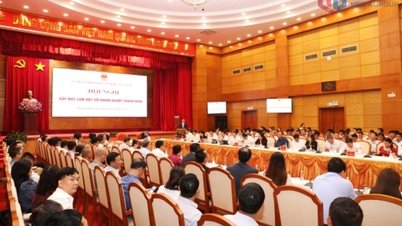

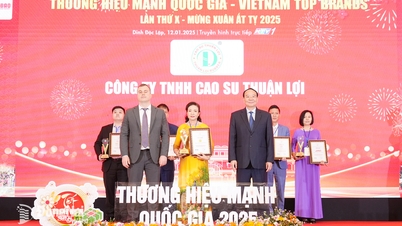

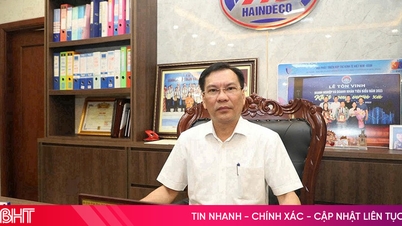

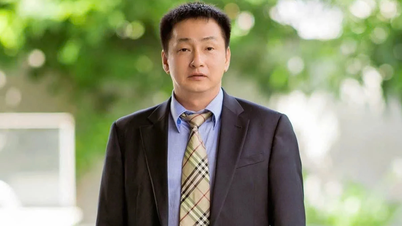












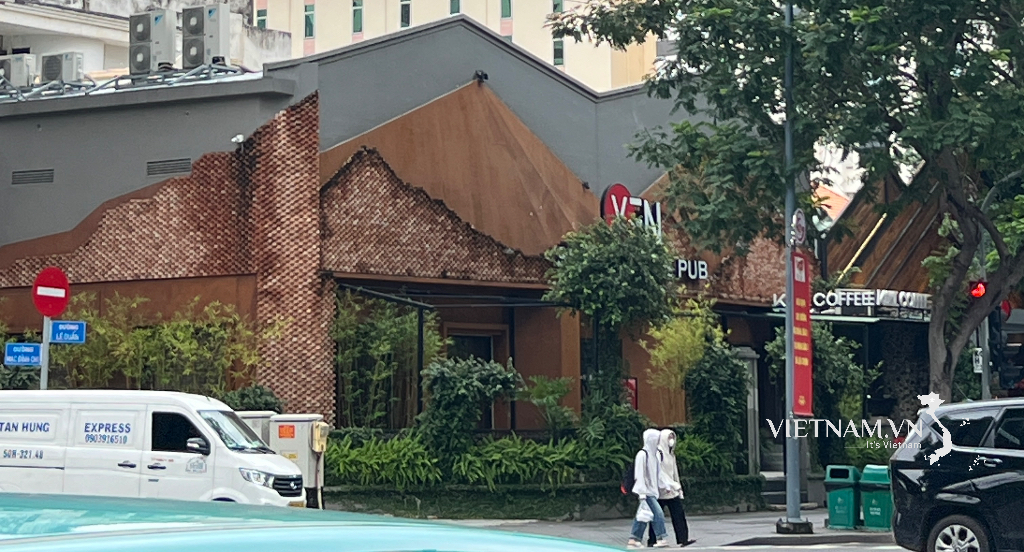
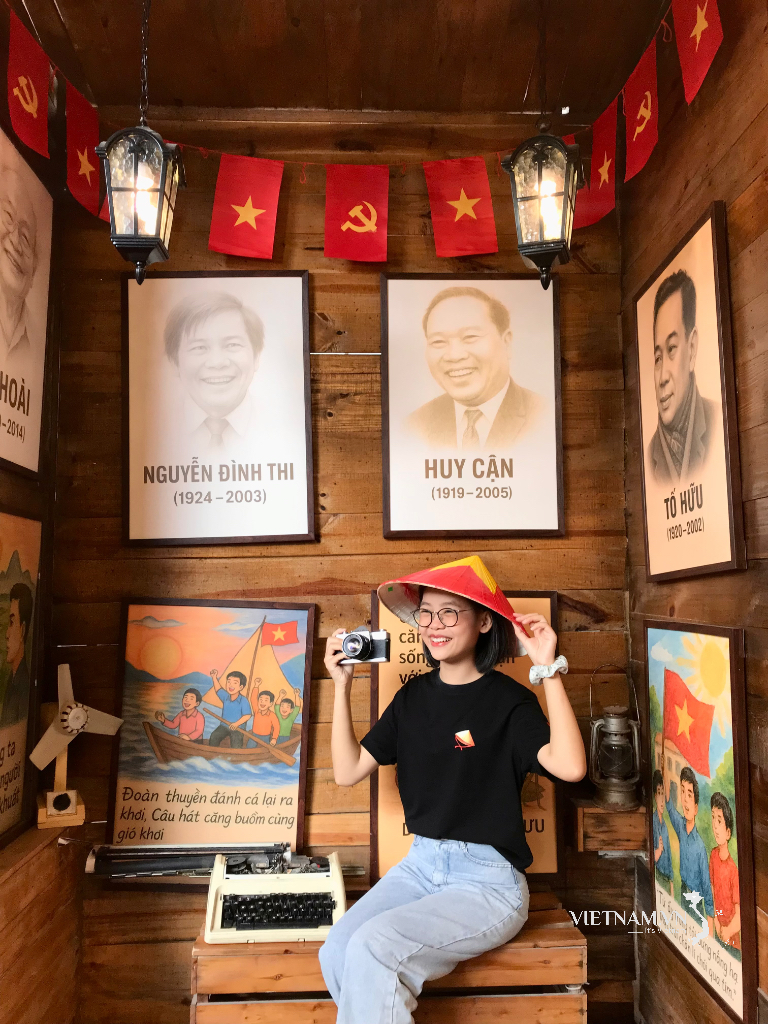
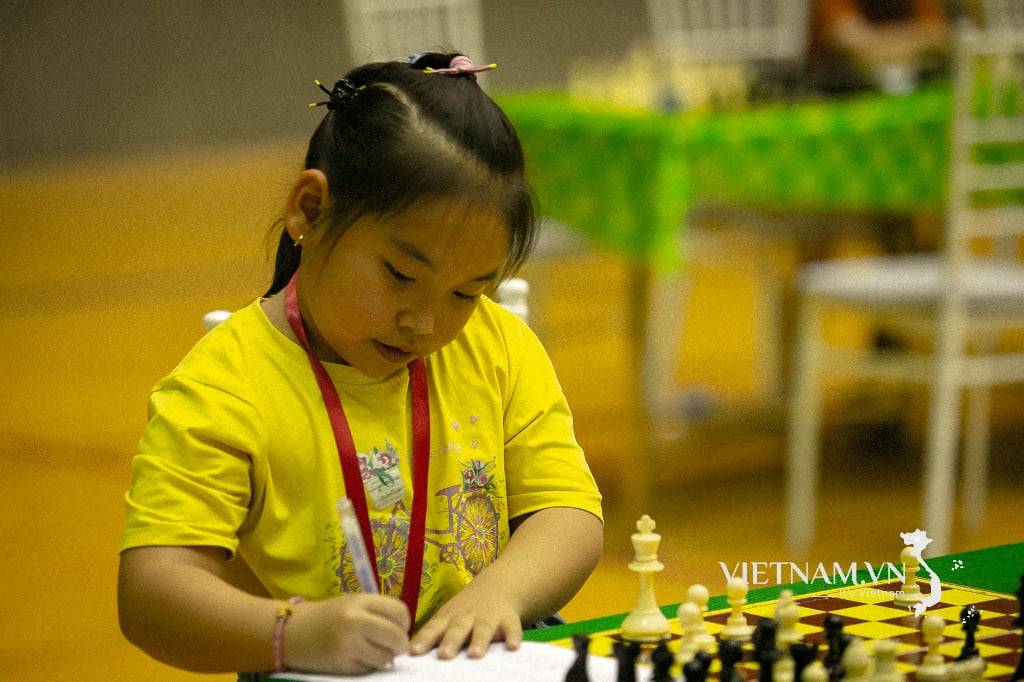
Comment (0)